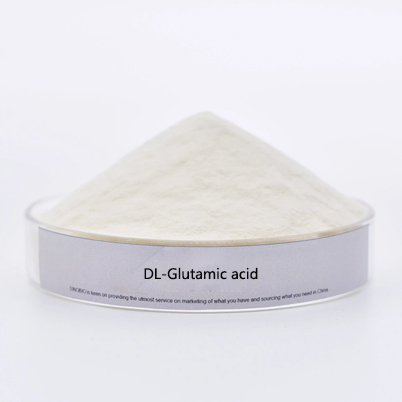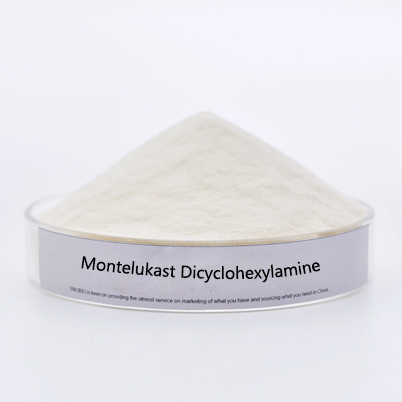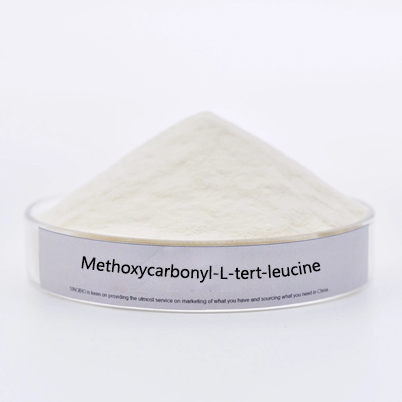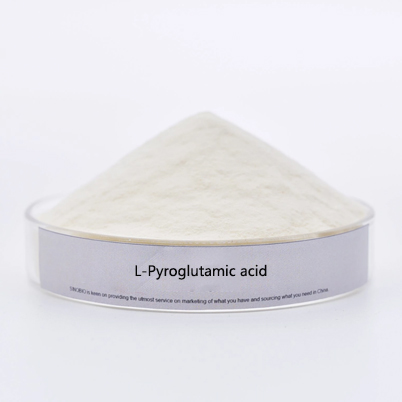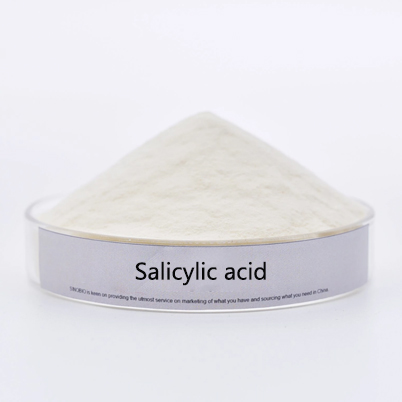- E-mail : info_medicalmarketing@jindunmedical.com
- Phone : +86 21 64057580
- Address : Shanghai China
L-carnitine tartrate introduction and determination method
L-carnitine tartarate has a pleasant acidic odor. It is easily soluble in water and not easily soluble in organic solvents. L-carnitine is a kind of amino acid that prompts the conversion of fat into energy. It has no toxic side effects on the human body and is especially suitable for people to do aerobic exercise to reduce fat with more obvious effects. It is used in medicine and health products, food additives, etc.
L-carnitine tartrate is a stable form of L-carnitine, which is not easy to absorb moisture and remains stable under humid conditions. It is a white crystalline powder with a pleasant acidic odor. It is easily soluble in water, but not easily soluble in organic solvents. Appearance is white crystalline or crystalline powder. Red meat is the main food source of L-Carnitine. Other animal-based foods including fish, poultry and milk products, Indonesian tempeh (made from fermented soybeans), wheat and avocados all contain the nutrient.
The buret, pipette, volumetric flask and other test instruments are in accordance with the provisions of the current national testing regulations for measuring instruments; the reagents and water used are in accordance with the national standard of analytical purity reagents and distilled water.
Visual inspection of the appearance, the determination of water apparatus: electric drying oven, electro-optical balance, weighing bottle, desiccator. Measurement method: weigh about 2.0 grams of specimen, accurate to 0.0001 grams, placed in the pre-weighing bottle of constant weight. Put the weighing bottle with the sample in a drying oven at 100℃~105℃ for 2 hours, take it out and put it in a desiccator to cool down to room temperature, weigh it, and calculate it according to the weight loss. pH Dissolve 1.00g of sample in distilled water without carbon dioxide and dilute it to 12ml, pH should be 3.0~4.5. Scorch residue apparatus and reagents: electro-optical analytical balance, muffle furnace, porcelain crucible. dryer, concentrated sulfuric acid. Determination method: Take 1.00g of sample (accurate to 0.0001g) in the crucible that has been cauterized to constant weight, slowly incinerate to safe charring, cool to room temperature, add 0.5~1ml of sulfuric acid to moisten, heat at low temperature to remove steam, then incinerate at 700~800℃ to complete charring and transfer to desiccator, cool to room temperature, then incinerate at 700~800℃ to constant weight, that is.
-
date
2022-12-09
-
location
Shanghai, China






































